Not a technological revolution - but a human revolution
We have talked about the 4.0 Industrial Revolution for many years, but it has never been so clear. Within a few years, a series of traditional job positions are at risk of being replaced by AI: Data entry staff, simple data analysis - there is automation software; Editors, content writers - are competing directly with ChatGPT; Telesales staff, customer care - many places have used AI voicebots to replace,... Even industries that were once considered "safe" such as communications, accounting, even teachers, doctors - are facing the requirement to change the way they work if they do not want to be eliminated. AI will make many current jobs obsolete, and only those who understand, know how to use, or master technology will be able to adapt and develop.
In a 2017 post, tech billionaire Bill Gates predicted that artificial intelligence (AI) will be one of the three sustainable development areas in the future. Contrary to concerns about being replaced, the AI industry is creating many new job opportunities, but at the same time requires high-quality human resources. The tech billionaire believes that AI is developing very quickly, but still depends on humans to understand the context, make judgments, and solve complex problems. Skills such as systems thinking, creativity, and flexible learning will continue to be human advantages in developing and controlling AI. Specifically, the AI industry is in need of many roles: AI programmers and machine learning engineers; Algorithm researchers; Data engineers; AI deployment experts in areas such as healthcare, education, manufacturing; AI testing and security experts, etc.
Not only that, AI is also a tool to promote innovation in other industries. This makes it a “foundational” skill, similar to English or computer science a few decades ago.
From Fear of Being Replaced to Willingness to Lead
The advent of AI is irreversible. But that doesn’t mean we’re lost – if we adapt and proactively equip ourselves with the right skills. “AI will not replace humans. But those who know how to use AI will replace those who don’t.” – A quote often repeated in the technology world today.
AI is more than just a job opportunity. It’s a gateway for a new generation to enter the future – not as passive players, but as game-changers.
If anyone thinks that studying AI is the job of university students majoring in Information Technology, that person is certainly unaware of one fact: approaching AI technology from high school, even elementary school, is gradually becoming a global trend. In China, Singapore, the US or Korea, secondary school students have learned Python programming, become familiar with basic machine learning, and understand the operating mechanism of AI tools.
Early exposure is not intended to turn children into programmers, but to help them: Think logically and solve problems systematically; Know how to ask questions, experiment, analyze data; Know how to use AI properly, understand the limits and risks of technology.
In Vietnam, AI training programs for high school students have begun to be implemented, in which FPT is the pioneer in "popular AI" - where AI is integrated into the curriculum from 2024. From grade 3, students at FPT have been trained in AI for image and voice recognition, grade 6 has access to AI programming, training computers to play games, using AI for data analysis, grade 9 has researched and developed AI models in Robotics, data science and solving real-world problems. Not only are students taught how to "use" AI, they are also taught about technology ethics, how to use AI properly, responsibly, and avoid dependence on technology. This is the step to prepare the survival skills of any future employee.
The world doesn’t wait for us to prepare. And AI doesn’t have a “pause” button. If in the past, knowing English was an advantage, today, knowing technology – knowing how to communicate and work with smart machines – is the “language of survival”. Waiting until adulthood to learn is too late. Opportunities, abilities and thinking habits need to be planted from a young age. AI will not replace humans, but will replace those who do not know how to use it. We need to start now – not only for ourselves, but for the next generation.



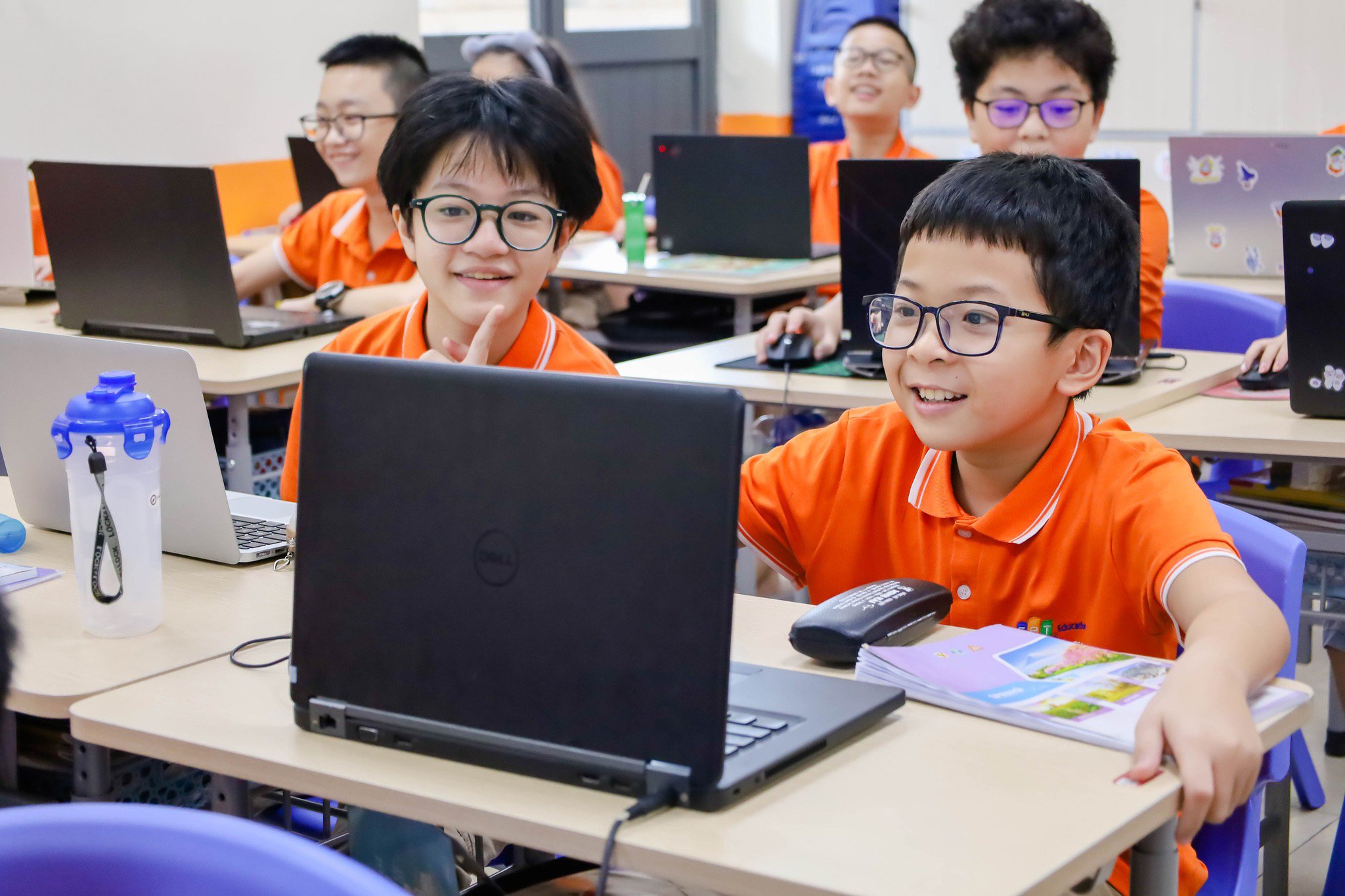
![[Photo] Young people line up to receive the special supplement commemorating the 50th anniversary of the Liberation of the South of Nhan Dan Newspaper](https://vstatic.vietnam.vn/vietnam/resource/IMAGE/2025/4/26/9e7e624ae81643eba5f3cdc232cd07a5)

![[Photo] Ho Chi Minh City people's affection for the parade](https://vstatic.vietnam.vn/vietnam/resource/IMAGE/2025/4/26/7fcb6bcae98e46fba1ca063dc570e7e5)
![[Photo] Readers' joy when receiving the supplement commemorating the 50th anniversary of the liberation of the South and national reunification of Nhan Dan Newspaper](https://vstatic.vietnam.vn/vietnam/resource/IMAGE/2025/4/26/283e56713da94988bf608393c0165723)
![[Photo] Prime Minister Pham Minh Chinh chairs meeting of Steering Committee for key projects and railway projects](https://vstatic.vietnam.vn/vietnam/resource/IMAGE/2025/4/26/b9534596258a40a29ebd8edcdbd666ab)

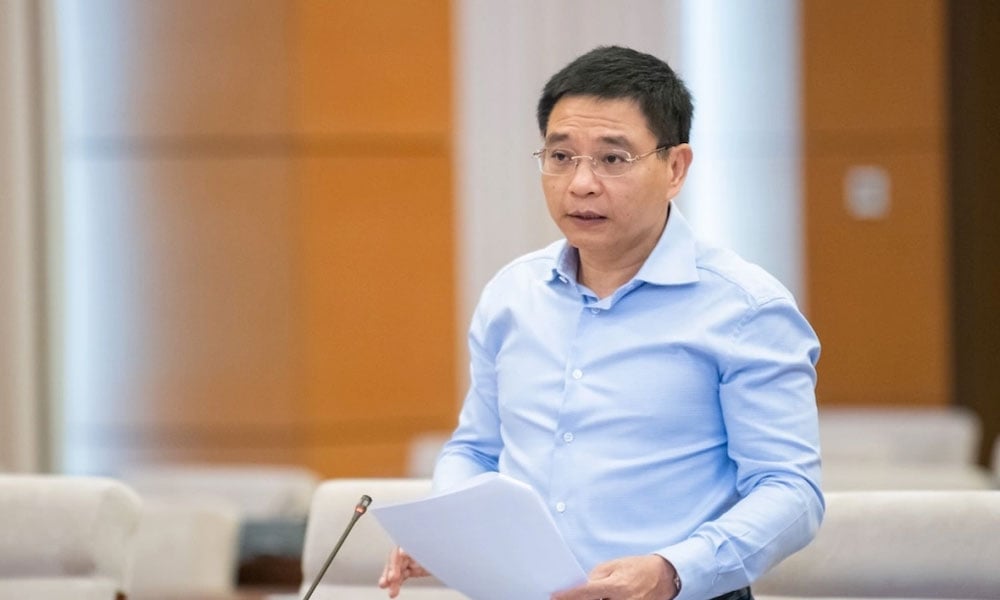



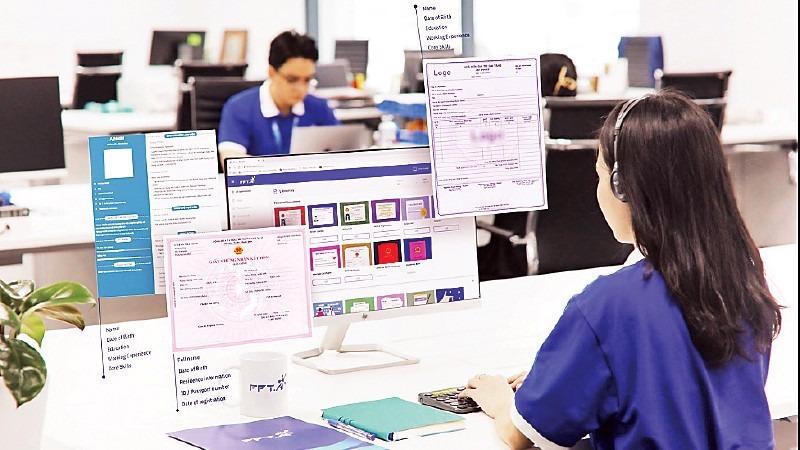

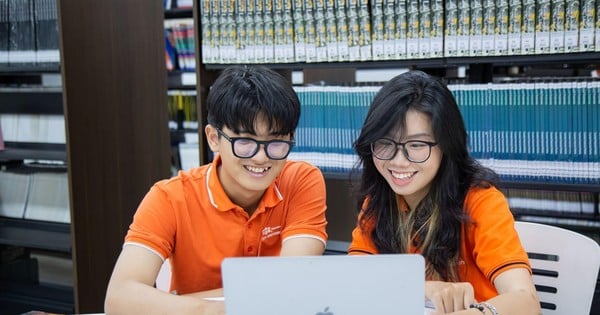






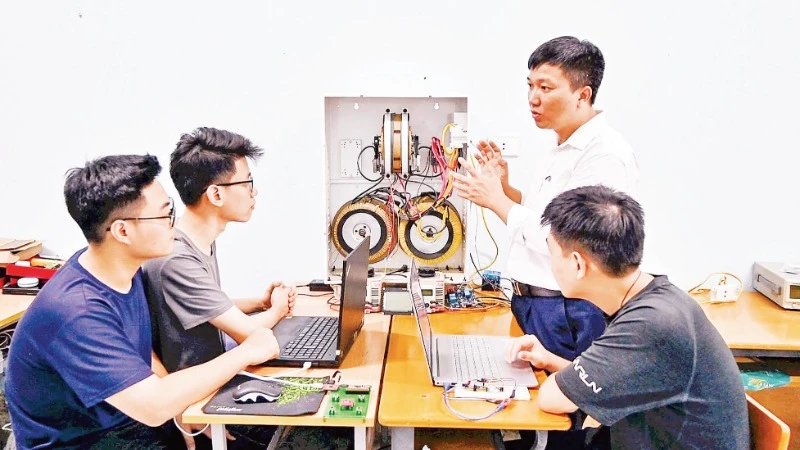
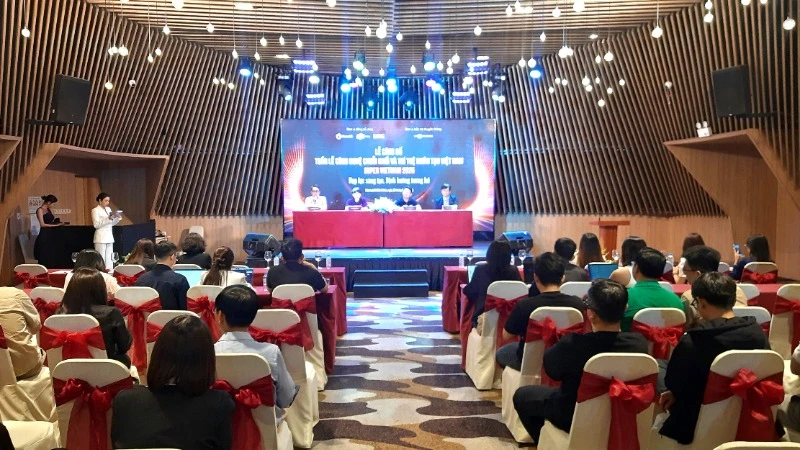

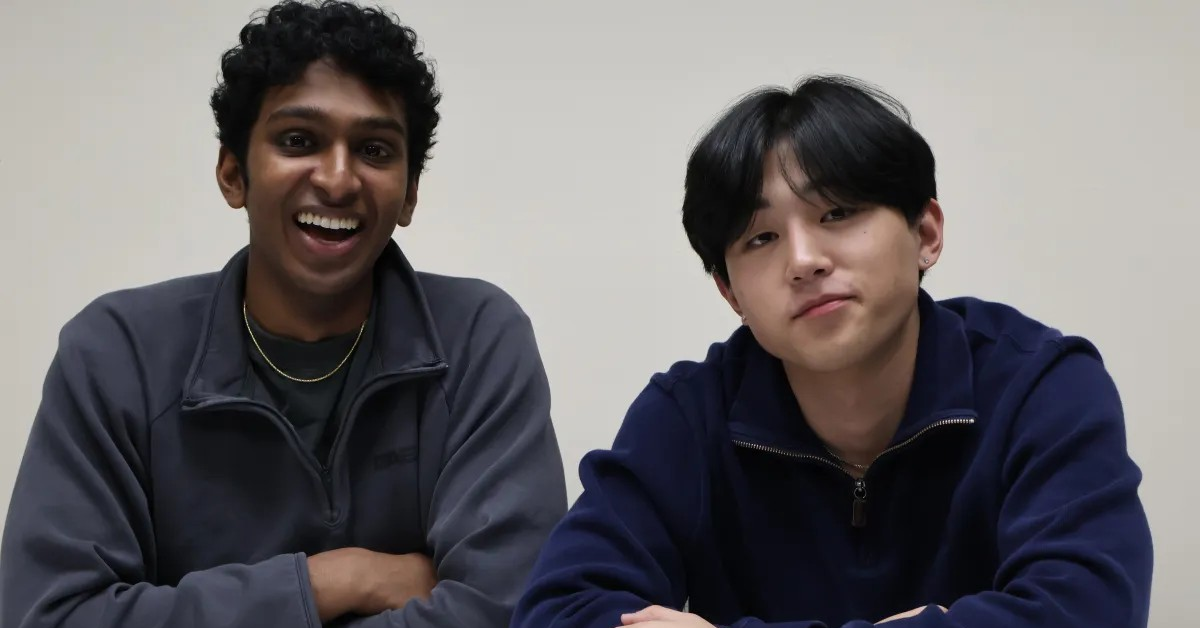



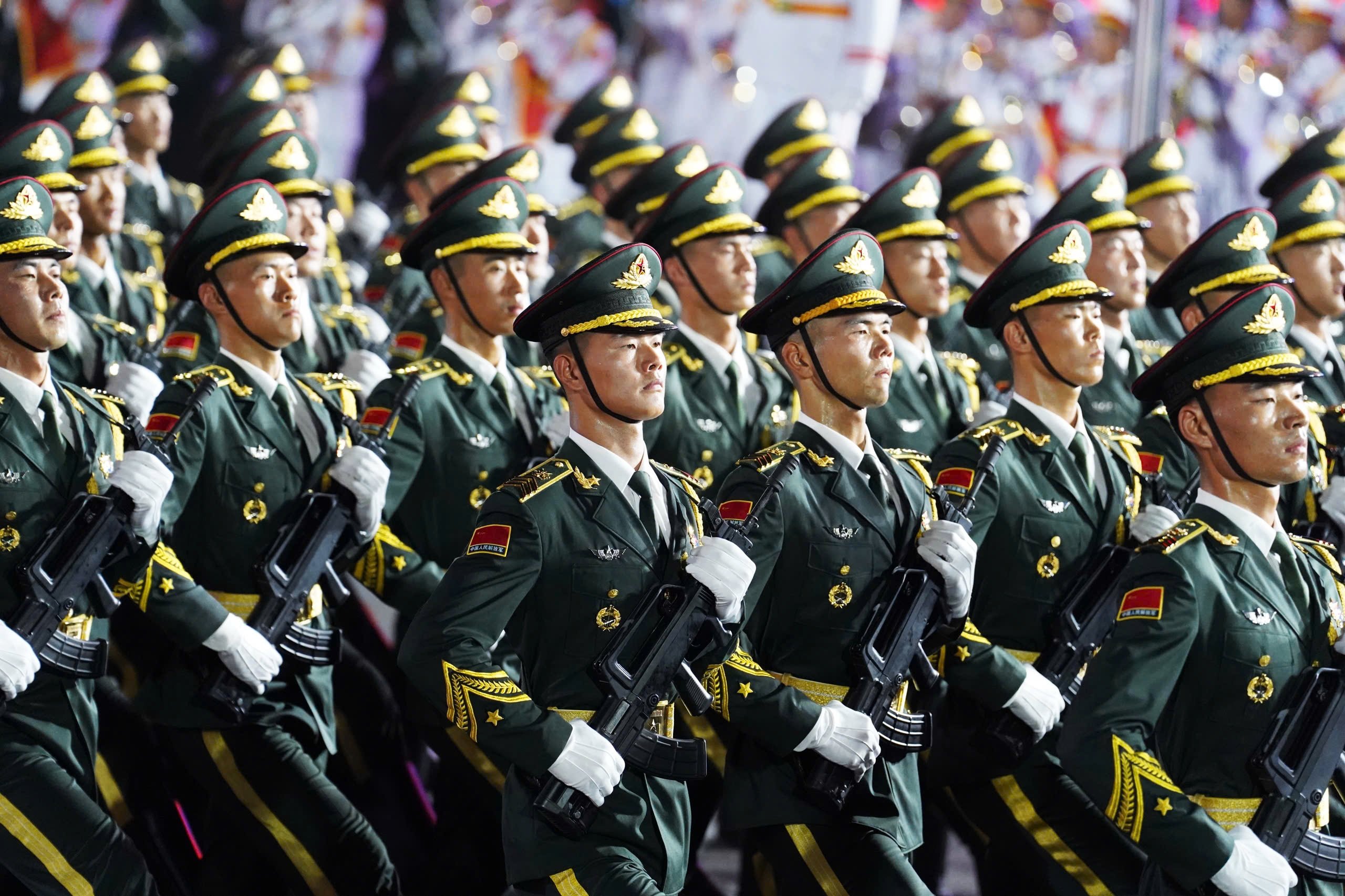

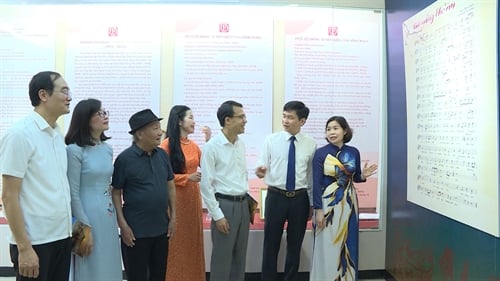



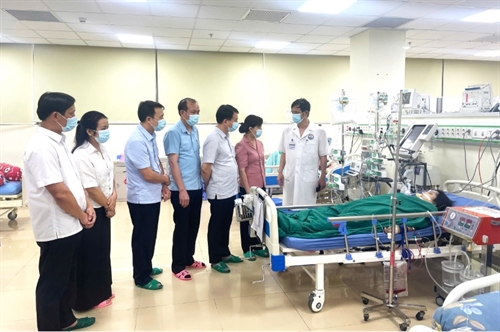

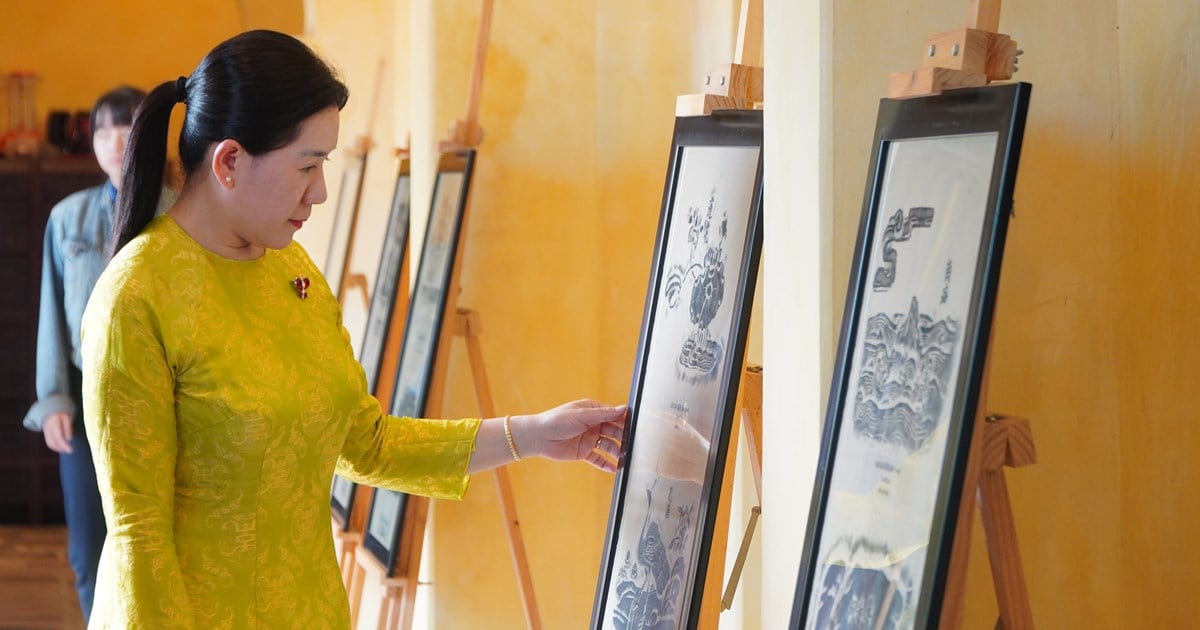









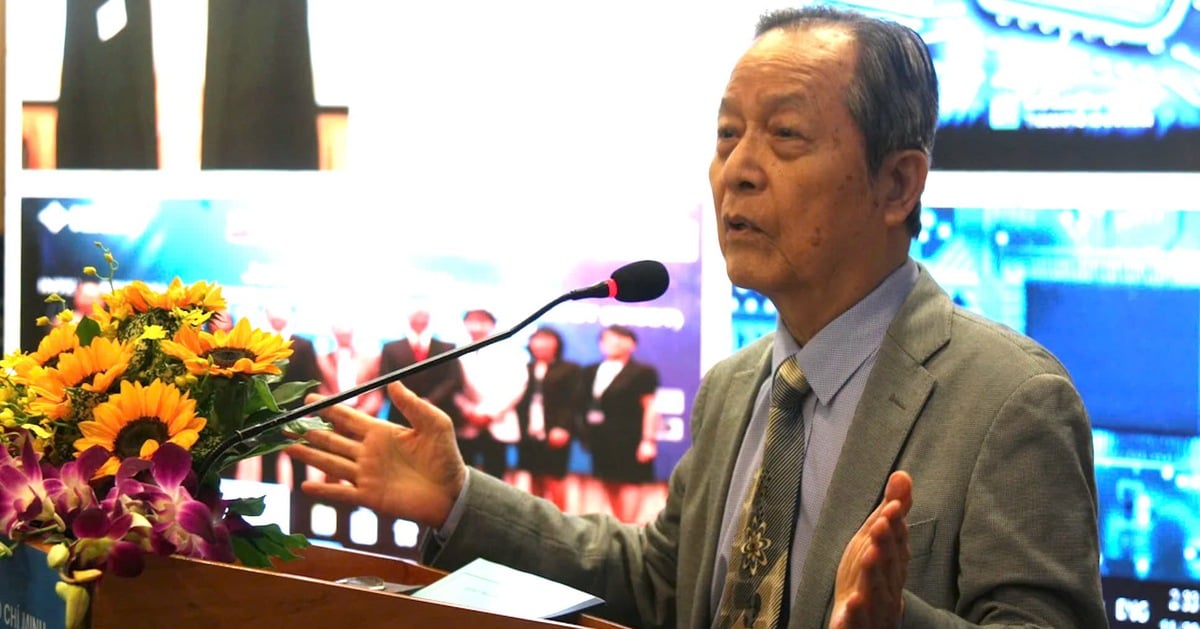

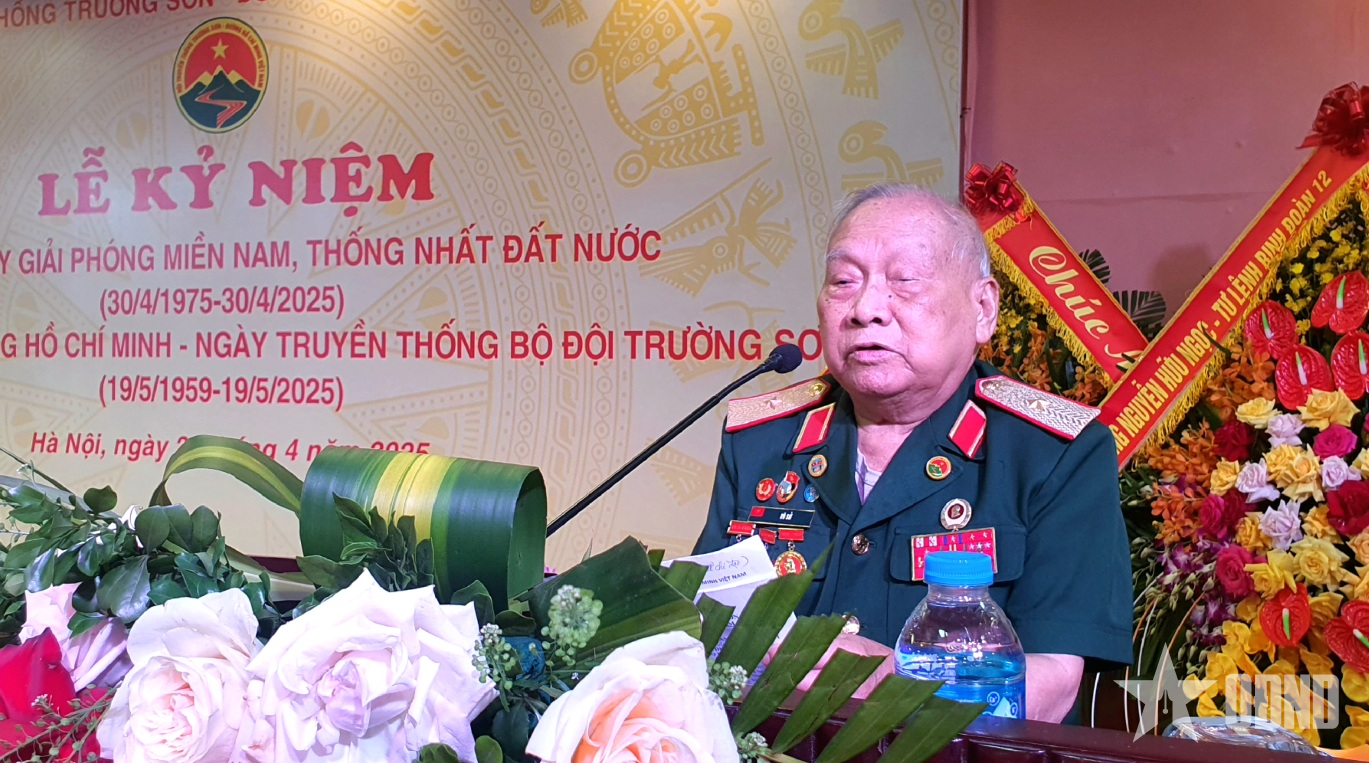








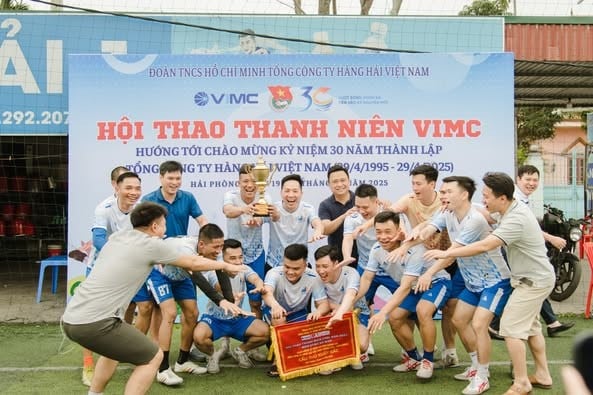





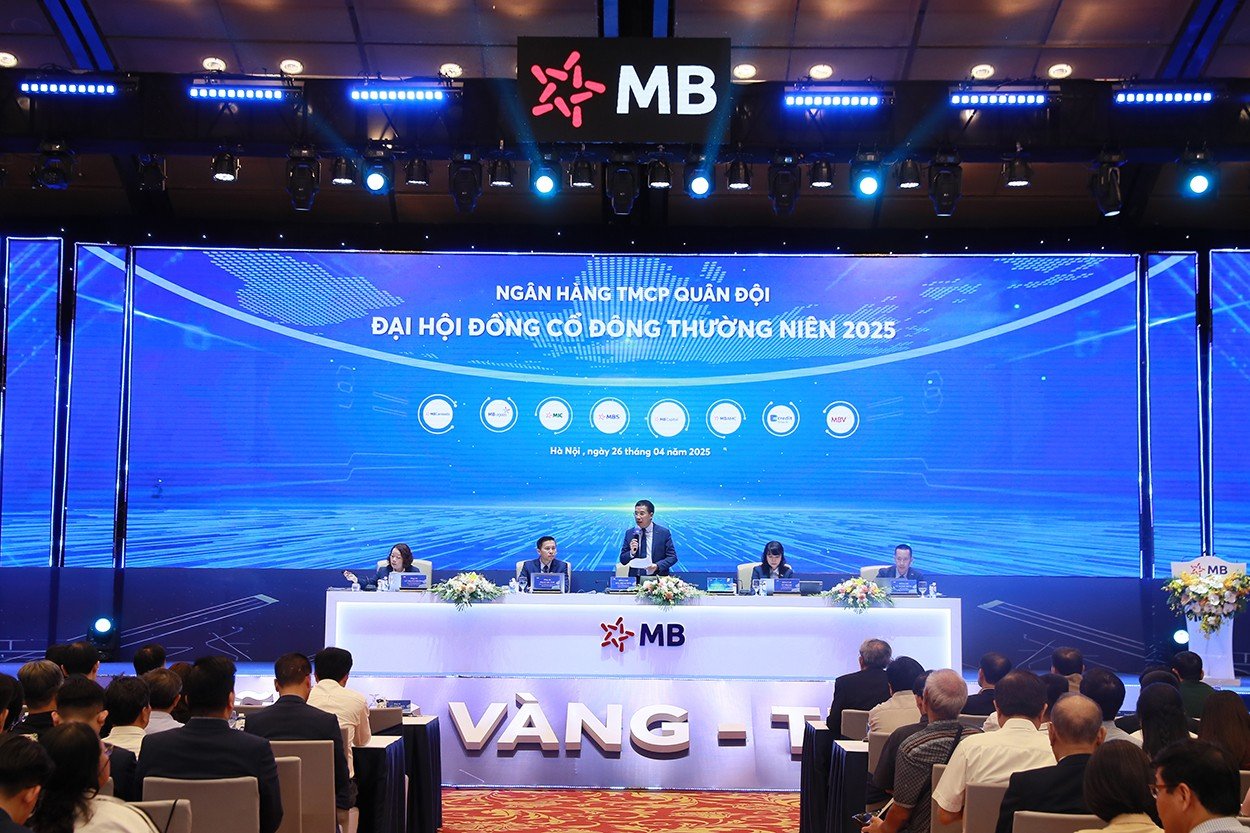











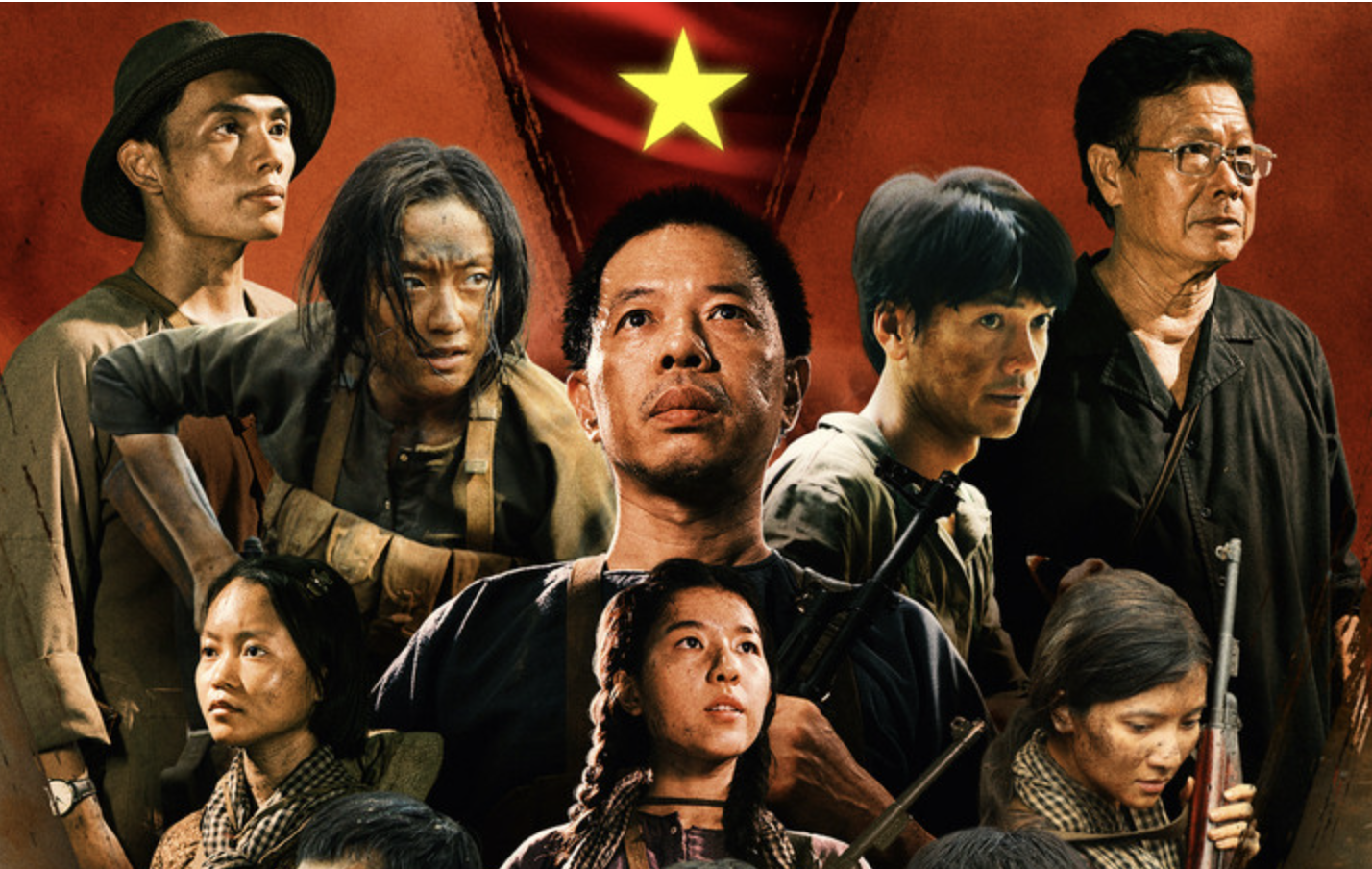
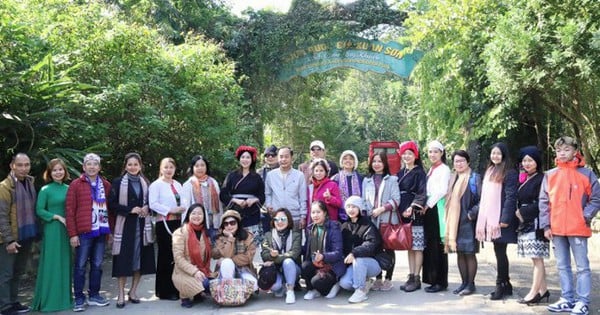

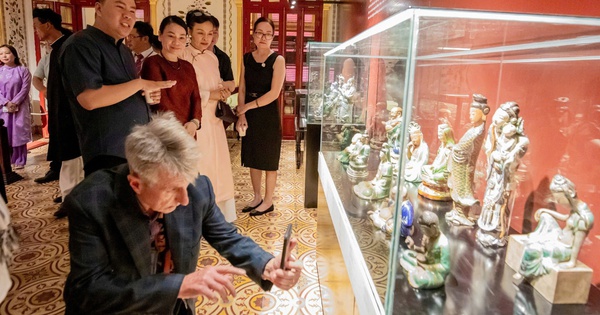






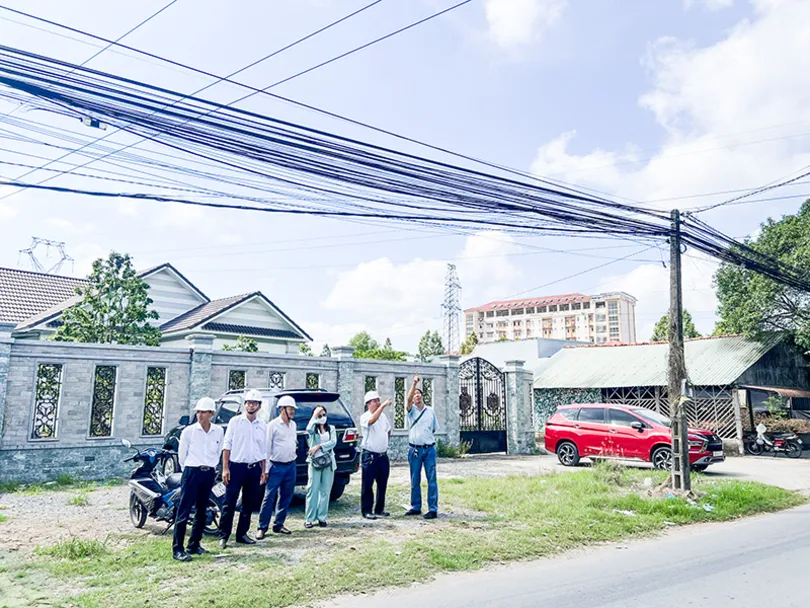














Comment (0)